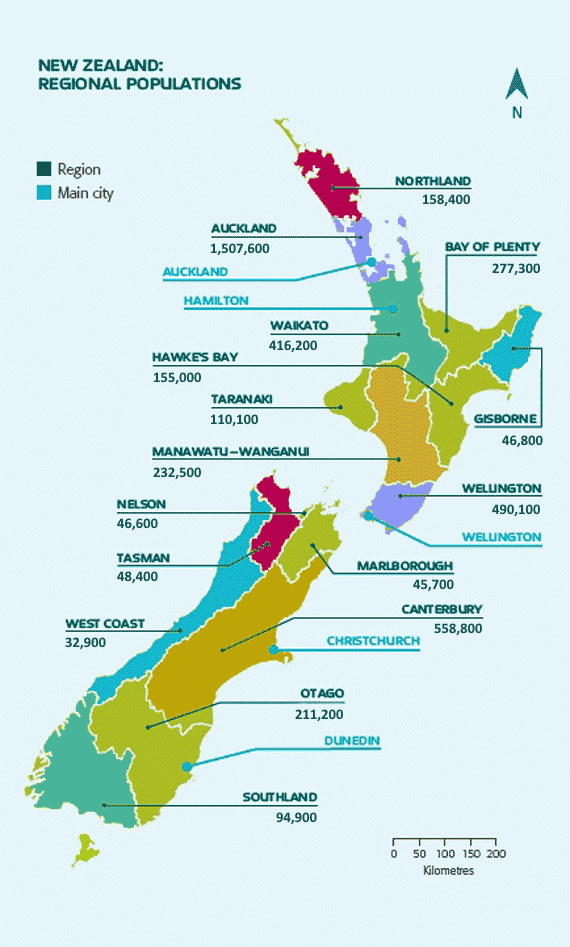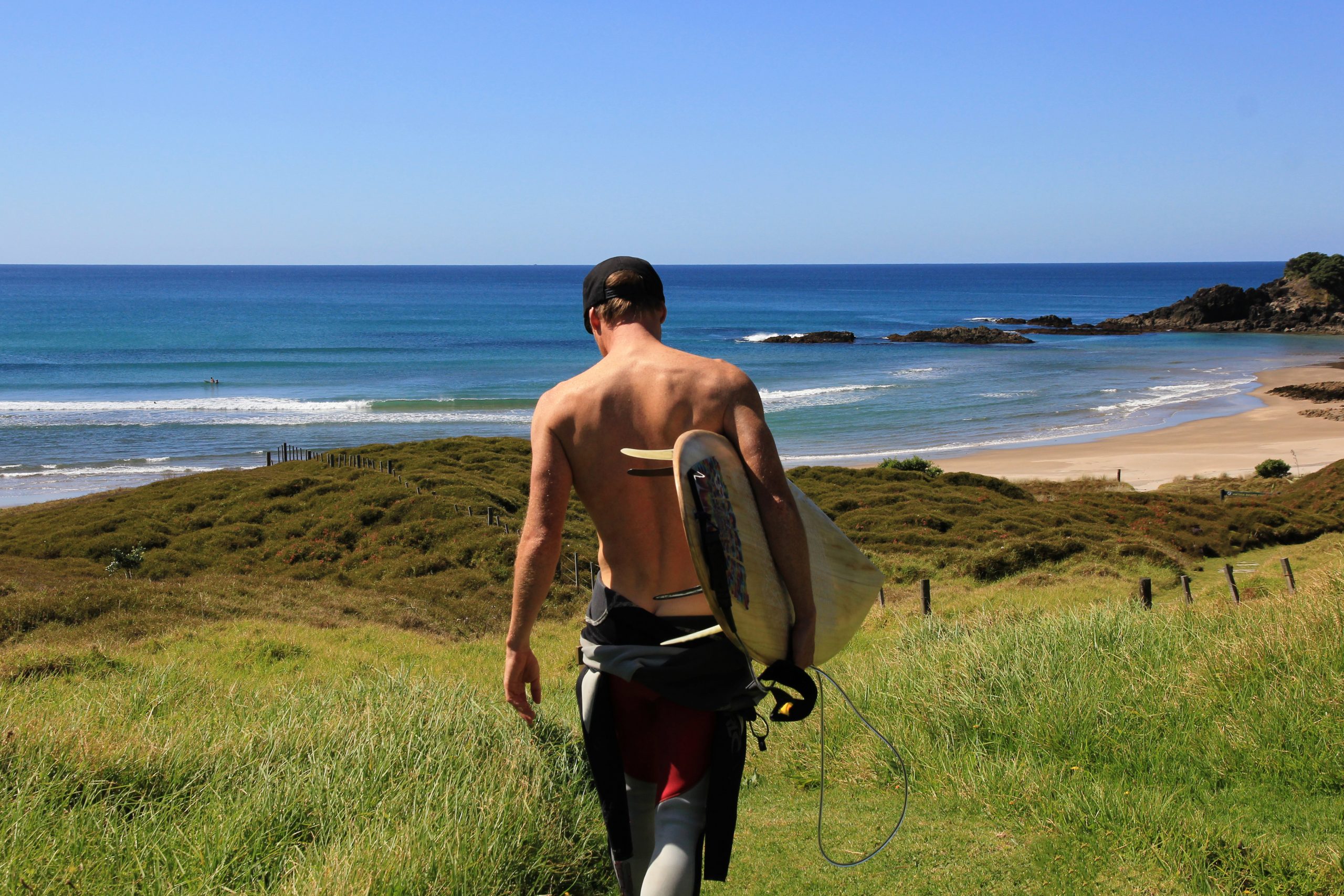What’s it like to live in NZ?
Be part of a great team in beautiful New Zealand. Advance your career and enjoy the lifestyle!
discover the Kiwi way of life.
Adjusting to a new country is a challenge and a steep learning curve for most people. New Zealand is truly an amazing country. The people are friendly, the weather is superb and the lifestyle is unbeatable, with a perfect pace for you and your children. Hearing stories from other migrants will help you to make sense of your experiences. As you get more involved in New Zealand life and the community, you will be able to tell your own stories.
Education and Schooling
New Zealand has one of the best education systems in the world. Most children begin formal schooling when they are 5. Prior to this age most children attend Kindergarten (Nursery).
Children between the ages of 2 ½ and 5 years old may enrol in a kindergarten.
Kindergartens are predominantly government funded in New Zealand and all children aged 3 and 4 years are entitled to ’20 hours free’ early childhood education at a kindergarten each week.
Hours on top of the 20 allocated free hours cost normally around $2 to $5 per morning or afternoon session.
At age 12 or 13 children progress to secondary school. It is compulsory for children to stay at secondary school up until the age of 16. In New Zealand, a child will stay at the same secondary school for 5 years and then proceed to tertiary (university or polytechnic study).
There are numerous state-funded schools that are essentially state-funded (a donation of $100 may be payable annually). There are also private schools that teach specific religious values as well as the national curriculum. Many of the state schools have ‘zones’ i.e. if you do not live in a particular area (normally surrounding the school) then your child cannot attend that school.
The National Certificate in Educational Achievement (NCEA) is the main national qualification for secondary school students.This is an internationally recognised qualification. There are 3 levels to this qualification that are usually examined over the last 3 years of secondary school. There are 8 universities in New Zealand and entrance to university is dependent on grades achieved while at secondary school.
A Bachelor’s Degree will usually take 3 years and will cost upwards of $4,000 per year which a student can get a government student loan for, which will need to be paid back once the student has completed studying and is earning over a certain threshold.
Student loans may also cover additional course-related costs and living expenses (capped at NZ$172.51 per week which an individual is only eligible for during weeks of study or mid-semester breaks of 3 weeks or less).
HEALTHCARE
HOSPITAL TREATMENT
There are approximately 40 public hospitals throughout New Zealand. All essential healthcare requiring hospital treatment is provided free of charge.
SEEING A DOCTOR
Doctor appointments will cost you (usually around $30 per visit) – this is the subsidised amount. Prescription items are also subsidised. Children up to the age of 6 years can have an appointment with a doctor for free so long as they are registered with that doctor, therefore you should register with a doctor in your area when you get to New Zealand so you do not have to pay as much as non-registered patients.
ACCIDENT COVER
If you are injured at work or playing sports or at home and cannot work, you will receive accident cover from the government equivalent to 80% of your income. ACC is paid for by way of employer levies. In receiving the accident cover you give up the right to sue any person responsible or partly responsible for causing your injury.
PRIVATE HEALTHCARE AND INSURANCES
Private healthcare is also available at a cost for all the benefits of the public system plus immediate attention of non-urgent health issues.
ENVIRONMENT
POPULATION AND DEMOGRAPHICS
As of September 2021, the estimated resident population of New Zealand was 5.12 million. On average, one person is born in New Zealand every eight minutes and one migrant arrives every two hours.
New Zealand’s entire population could fit comfortably several times over into what people in the rest of the world classify as cities. In New Zealand, any area with a population upwards of 20,000 people is liable to be referred to as a city. However, if we define a city as a major urban centre housing a significant proportion of a nation’s population and large conglomeration of business enterprises and/or government departments, New Zealand has three: Auckland, Wellington and Christchurch.
- While many people immigrate to New Zealand, many New Zealanders emigrate to other countries, meaning its net migration balance is quite volatile.
- Three out of every four New Zealanders live on the North Island.
- New Zealand’s population is not projected to reach 5.5 million and nearly 6.0 million by 2030.
- The median age of the population is 37 years. Children (aged 0-14) make up 20% of the population, people of working age (15-64) make up 66% and those of retirement age (65+) 14%.
- There under the age of 30 there are approximately 105 males for every 100 females. Over 30 years of age there are more females.
- Maoris are estimated to account for 850,000 of the population.
(Source: Statistics New Zealand)
CLIMATE
The seasons in New Zealand are in reverse to those in the Northern Hemisphere, spring is from September to November followed by summer from December to February, autumn is from March until May and winter is June until August.
New Zealand has a temperate climate: relatively mild, wet winters with moderately high rainfall and warm dry summers, with many hours of sunshine. Being a maritime country, the weather can change rapidly from day to day or even during the day.
In general, the west of the country is wetter due to the westerly showers that fall on that side of the country. Generally the climate is cooler the further south you travel. Maximum summer temperatures average from 30 degrees Celsius in the north to 20 degrees Celsius in the south, while average winter maximum’s range from 15 degrees Celsius in the north to 10 degrees Celsius in the south. Overnight, particularly in the south, temperatures can reach freezing in winter and it is common to see snow falling at least once during winter in the south.
TRANSPORT
Buses are the main mode of public transport in New Zealand. Wellington and Auckland also have suburban rail systems. Overall use of public transport in New Zealand is low at only an average of approximately 2.5% of trips making use of it. In New Zealand’s major cities with more developed systems that rate is significantly higher.
Kiwis commonly purchase second-hand vehicles and as such there are a wide variety of places you can buy them from including a car dealership, auction house and online. Vehicle Testing New Zealand (VTNZ) can inspect a vehicle you may be considering buying to advise whether it is sound mechanically and structurally to ensure you make a good purchase.
Once you have purchased a vehicle, two forms must be completed to inform the Government that the vehicle has changed ownership. Failure to do so will show that the previous owner still owns the vehicle. This can be completed at any VTNZ testing station.
VTNZ can also help you gain Entry Certification if you have brought over your vehicle from abroad. This is to ensure that it legally complies with New Zealand standards.
Before you can legally drive your vehicle in New Zealand you must ensure it has a current Warrant of Fitness (WoF) or Certificate of Fitness (CoF) and current Vehicle Licence or Registration. A Warrant of Fitness is carried out every 6 or 12 months at a VTNZ testing station and is a safety inspection of the vehicle. Therefore, when purchasing a vehicle it is ideal to select one with a recent WoF or CoF inspection. You will not be able to renew a Vehicle Licence if the WoF or CoF has expired. The Vehicle Licence helps pay for road maintenance and development as well as road safety programmes and is levied according to vehicle type and is a continuous contribution. The NZ Transport Agency (NZTA) will send you a reminder before your registration fee is due providing you have completed the Change of Ownership forms (see above). In addition, those in possession of a diesel-powered or electric vehicle will need to pay road user charges. Breakdown cover is a recommended extra for your vehicle and there are a number of providers for this.
In New Zealand drivers drive on the left-hand side of the road and carrying your current driving licence when driving is a legal requirement. If you intend on staying in New Zealand for more than 12 months you will need to apply for a New Zealand Driver Licence, otherwise driving with your licence obtained from another country or international driving permit, so long as they are current, will be acceptable.
ANNUAL NATIONAL HOLIDAYS
Each year New Zealand has 11 national holidays.
New Year’s Day (1 January), day after New Year’s Day (2 January),
Waitangi Day (6 February),
Good Friday (varies),
Easter Monday (varies), ANZAC Day (25 April),
Queen’s Birthday (first Monday in June),
Matariki (Varies),
Labour Day (fourth Monday in October),
Christmas (25 December),
Boxing Day (26 December).
There is also an annual anniversary day observed – the date being dependent on whereabouts you live in New Zealand.
TELECOMMUNICATIONS
The international calling code for New Zealand is 0064 and there is mobile coverage available to around 97% of the population with the main operators being 2degrees, Telecom New Zealand and Vodafone New Zealand.
The fixed-line telephone system has lines available to approximately 99% of residences throughout New Zealand with the main providers being Telecom New Zealand, TelstraClear, Orcon and Vodafone New Zealand.
Basic broadband in your home will cost upwards of $40 per month and it pays to shop around as many providers now do deals which include a home phone line, calls and a wireless modem and connection.


TRAVELLING
- NZ has 3 official languages – English, Maori and New Zealand Sign Language. English is the most common/widely spoken language.
- Tap water is safe to drink throughout New Zealand.
- Tipping is not obligatory in New Zealand.
- It would be a good idea to purchase some New Zealand dollars before you leave your home country should banks not be open when you arrive.
- There are over 80 official visitor information centres throughout New Zealand (branded iSITE) and these centres are run by experts of the area.
Complimentary maps are at these centres and they are there to assist you with things like attractions, accommodation, transport and things to do, not only specific to that area but throughout New Zealand too. - Ensure your passport is valid for 3 months after the date you expect to depart New Zealand.
- When travelling into New Zealand it is ideal not to bring any food, animals, animal products, plants or parts of plants with you as New Zealand has strict quarantine regulations to remain free of more serious pests and diseases. If you are on any medication containing narcotics it is best to bring a doctor’s certificate with you stating that the medication is required under doctor’s instructions
- It may be best to purchase your electrical goods when you get to New Zealand as we have ‘type 1’ plugs/sockets
- If you are bringing a laptop to New Zealand you will need a RJ45 type plug if you need to connect it to a computer socket as well as an adaptor to connect to the power supply
- Check to ensure your mobile phone has international roaming if you intend to operate from your current number while in New Zealand
EMPLOYMENT
LEAVE & REMUNERATION
All employees are entitled to 4 weeks paid holiday leave (20 days) and 5 days paid sick leave per year. You may also be entitled to bereavement and maternity/paternity leave.
The median weekly salary for a construction worker in New Zealand is $800 NZD. Most employees are expected to work 40 hours per week. New Zealand has a strong work / life balance and very few people work weekends.
VISAS
There are many different types of New Zealand visas, so it’s important that you seek the right advice to ensure you complete the application process correctly and have the best chance of obtaining the right to live and work in New Zealand.
Migration Associates is a market leader in the provision of New Zealand immigration consultancy services in the United Kingdom and we have assisted many happy clients.
There is a team of highly experienced New Zealand Licensed Advisers can provide comprehensive and authoritative New Zealand immigration advice. Migration Associates solely specialises in providing New Zealand immigration consultancy services.

NEW ZEALAND CV TEMPLATE
Your CV is an important tool in your application for New Zealand positions. By using a New Zealand style template you are showing the employer that you’re serious about a New Zealand life, and improving your chances of success by offering a familiar style of CV to the employer.
Download our CV Template to get started.

What's it like to live in NZ?

What's the process like?
“New Zealand Skills in Demand arranged job interviews for me & Migration Associates helped me obtain my visa.
All I had to do was follow their instructions! It took all the stress & hassle away from me & I 1000% could not have got here without their help. Awesome company awesome people. My advice is do not hesitate to contact them!”
— GARY PIDCOCK








